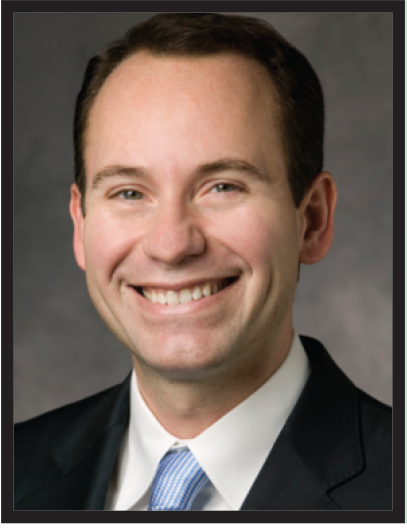The Future of Bariatric Surgery: Digitalization, Democratization, and Doctors
 A Message from Dr. John M. Morton
A Message from Dr. John M. Morton
John M. Morton, MD, MPH, FACS, FASMBS, Clinical Editor, Bariatric Times; Chief of the Section of Bariatric and Minimally Invasive Surgery, Stanford University, Stanford, California, and Past President, American Society for Metabolic and Bariatric Surgery.
Dear Friends and Readers,
One of bariatric surgery’s greatest attributes is its ability to adapt and innovate. Bariatric surgery has taken great advantage of the advances we’ve seen in surgery over the last two decades, namely laparoscopy and quality improvement. The penetrance of laparoscopy in bariatric surgery is greater than 90 percent, while other fields, such as colorectal surgery, lag behind at less than 50 percent. This high rate of laparoscopy has resulted in huge decreases in post-operative pain and incisional hernia. Quality improvement was a clear driver in the growth of bariatric surgery, which is now almost 220,000 cases annually. Through the accreditation model, laparoscopic approach, and collaborative care model, bariatric surgery mortality rates have plummeted from 1/100 to 1/1000!
It is clear that researchers, surgeons, and clinicians are always looking for the next big idea to further advance the field of bariatric surgery, as our prime directive is to continually meet the needs of our patients. So, what is next?
I believe that the next decade will focus on the three Ds: digitalization of healthcare, democratization of surgery, and doctors in the lead. Rapidly, all healthcare communication is becoming digital through electronic medical records, and patients are very reliant on personal digital measurements, such as Fitbit® (San Francisco, California). We need to take advantage of this trend to help with both long-term follow-up and adherence. We are aware that there is variation in healthcare outcomes. Why can’t we have everyone achieve great outcomes? In other words, let’s democratize best practices in bariatric surgery so all patients benefit. Finally, doctors need to take the lead in healthcare. While only five percent of hospitals have physicians as their CEO, a large portion of those are the top-ranked hospitals. As physicians and surgeons, we need to be deeply involved in the operational transformational of healthcare, from cost transparency, multidisciplinary service lines, and changing leadership.
I am confident that bariatric surgery will meet every challenge and be ahead of any and all trends in healthcare. Why? Because we must.
Sincerely,
John M. Morton, MD, MPH, FACS, FASMBS
Category: Editorial Message, Past Articles




